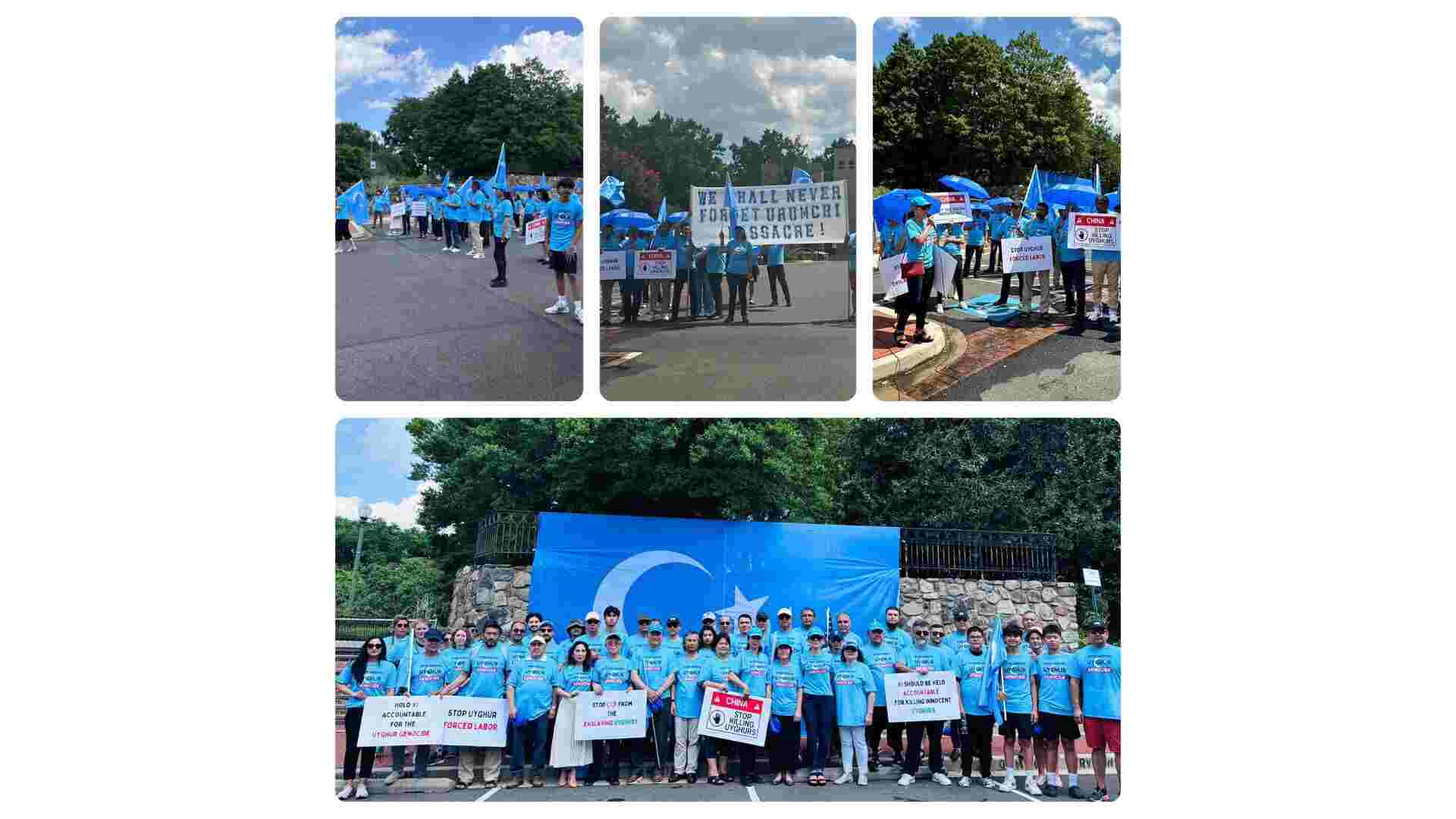The Urumqi Massacre is remembered as one of the darkest chapters in China’s history of systematic oppression and genocide against ethnic minorities. Government sources report that 197 people were killed and 1,700 injured during the riots. However, human rights organizations argue that these figures significantly understate the true extent of the violence, as highlighted in a report by the European Values Center for Security Policy (EVCSP) released on Tuesday.
The EVCSP report quoted Dolkun Isa, President of the World Uyghur Congress, who described the Urumqi Massacre as “the turning point in from China’s ethnic segregation and discrimination policy to the beginning of the genocidal ethnic policy.” The report also asserts that the Chinese Communist Party (CCP) has tightened its control over the Xinjiang Uyghur Autonomous Region (XUAR) under the pretext of counterterrorism.
According to the report, genocidal activities continue in XUAR despite international criticism, particularly from the US and Europe, regarding forced labor imposed on the Uyghur community. The CCP is also accused of rapidly eroding Uyghur political, social, and cultural rights, aiming to eliminate the Uyghur identity, culture, and customs altogether.
In response to the Urumqi riots, the CCP intensified mass arrests, detention, and security operations across East Turkestan, subjecting people to torture, forced confessions, and other human rights abuses. Consequently, XUAR is now among the most heavily surveilled regions globally, utilizing advanced technology for population monitoring and control, according to the EVCSP report.
The international community has condemned China for its genocidal actions in XUAR and the Urumqi Massacre, leading to strained international relations and calls from multiple human rights organizations for sanctions and other punitive measures. This year, the World Uyghur Congress organized a protest at the United Nations Office in Geneva to commemorate the victims of the peaceful demonstrations surrounding the Urumqi Massacre.
The report underscores that the Urumqi Massacre raises critical issues related to ethnic human rights, regional stability, international relations, and China’s state policies. Addressing these issues requires a nuanced and informed approach, taking into account the historical, cultural, and socio-political complexities of the region.







